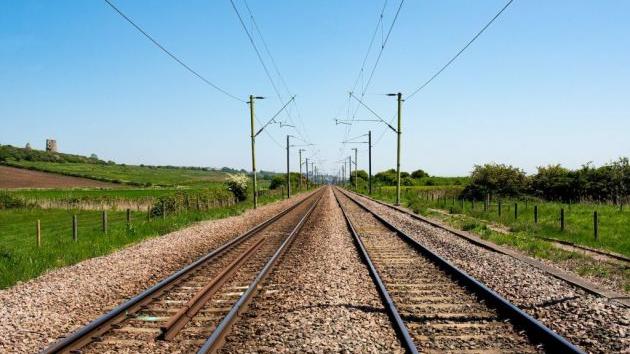European Commission expects Serbia to register 1.6% growth of economy and 2.4% inflation in 2016
 Friday, 05.02.2016.
Friday, 05.02.2016.
 11:11
11:11

According to the latest Winter 2016 Economic Forecast of the European Commission, the anticipated economic growth of Serbia depends on a strong committment to implement planned structural reforms which are said to be an important factor for improved growth prospects.
The European Commission assesses that private consumption, which accounts for 75.6% of Serbia's GDP, is going to grow 0.5% this year and 1.5% next year. Public consumption, which the EC says dropped 1.5% in 2015, will follow the same trend this year and fall by additional 0.3%, but it should exit the negative zone in 2017.
Also, the exports of goods and services are foreseen to grow 4.7% in 2016 and 5.3% in 2017, while imports are expected to decelerate growth to 4.1% and 4.8% this and next year, respectively.
Noting that inflation has been below the National Bank of Serbia's target band of 4.0%+/-1.5% for almost two years, the European Commission voiced the expectation that domestic demand and adjustments in administered prices would pull inflation marginally up into the target band. In that context, the European Commission forecasts that inflation will reach 2.4% this year and 3.6% in 2017. The Winter 2016 Economic Forecast also underlines that fiscal consolidation in Serbia is impressive but unfinished.
Budget deficit in 2015 was better than anticipated, mainly as a result of over-performance on the revenue side. According to the EC report, this created space for a limited increase of pensions, one-off payments to some categories of employees, and targeted increases of public sector wages.
Significant one-off revenues and expenditures affected the budgetary outcomes in 2015 and have the potential to be influential factors in 2016 as well.
However, it is also said that medium-term fiscal prospects are less impressive. The EC anticipates that budget deficit will remain unchanged in 2016, before declining slightly in 2017.
In the opinion of the European Commission, these levels of deficit will imply further increases in public debt, approaching about 80% of GDP. Therefore, a more ambitious fiscal consolidation strategy is required to stabilize and eventually reduce the public debt ratio to a sustainable level, it is concluded in the Winter 2016 Economic Forecast of the European Commission.
Most Important News
06.04.2024. | Agriculture
Preconditions for Placement of Fresh Blueberries and Dried Plums in Chinese Market Secured

16.04.2024. | News
Jovan Ciric, Leasing Director Retail MPC Properties – MPC Echo symbolizes our desire for good ideas and innovative endeavors to spread freely and bring about positive changes

16.04.2024. | News
10.04.2024. | Finance, IT, Telecommunications, Tourism, Sports, Culture
Creative Industry – What This Serbian Economy Sector Worth EUR 2 Billion Encompasses

10.04.2024. | Finance, IT, Telecommunications, Tourism, Sports, Culture
23.04.2024. | Construction, Transport
Tender for first section of Belgrade-Nis fast railroad from Velika Plana to Paracin announced

23.04.2024. | Construction, Transport
16.04.2024. | News
Economy Fair in Mostar opens – 26 companies from Serbia exhibiting

16.04.2024. | News
22.04.2024. | Industry, Transport
Serbia to develop project of “flying taxis” for EXPO with Airbus – Signing of memorandum announced

22.04.2024. | Industry, Transport


 Izdanje Srbija
Izdanje Srbija Serbische Ausgabe
Serbische Ausgabe Izdanje BiH
Izdanje BiH Izdanje Crna Gora
Izdanje Crna Gora


 News
News









